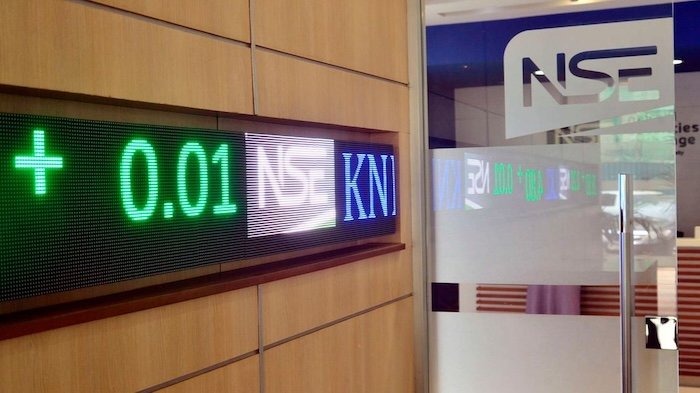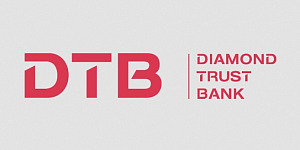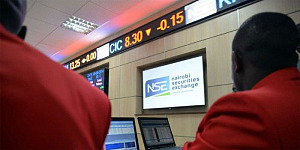Kenyan stocks pared losses yesterday after a selloff rocked markets worldwide at the start of the week, with investor sentiment stabilising after a rush for exits amid fears of a US recession and signs of financial instability in Japan.
The Nairobi Securities Exchange (NSE) All-Share Index rose 1.01 points, or one per cent on Tuesday, with the bourse adding Sh15.7 billion in market capitalisation —the measure of investor wealth at the bourse— to close the day at Sh1.595 trillion.
The index had shed Sh33 billion in market value on Monday as foreign investors fled stocks amid a global panic that hit Nairobi’s most widely traded names such as Safaricom and BAT Kenya.
Nairobi’s performance tracked a general rebound seen across international markets, with Japan’s Nikkei 225 jumping 10.2 per cent on Tuesday after the index saw its worst day since 1987 on Monday with a 12.4 per cent fall.
The American S&P 500 fell three per cent on Monday, with the benchmark opening 0.3 per cent higher in New York yesterday.
Investor sentiment was battered on Monday following a grim labour-market report out of the US on August 2 that suggested the world’s largest economy may be unable to avoid recession.
Chaos in global financial markets were compounded by a recent interest-rate hike from the Bank of Japan, which pressured a highly popular trade involving selling the yen and buying the dollar and saw country and its currency bear the brunt of Monday’s volatility.
Uncertainty across global finance to start the week hit some of Kenya’s biggest stocks hardest, because they are the names that foreign investors tend to seek out.
Shares in Safaricom, the NSE’s largest company by market capitalisation, tumbled 4.3 per cent on Monday but gained 3.1 per cent in Tuesday trading.
Stocks such as Safaricom, Equity Group, EABL and KCB, which are included on global indices such as the Morgan Stanley Capital International (MSCI) Kenya Index and Financial Times Stock Exchange (FTSE) Russell Index enjoy high visibility among foreign investors, helping create demand from external traders.
In the second quarter of the year, foreigners were positive on the Kenyan market, making net purchases of Sh2.78 billion.
This helped reverse the net sales of Sh2.23 billion they had made in the first quarter of the year.









































